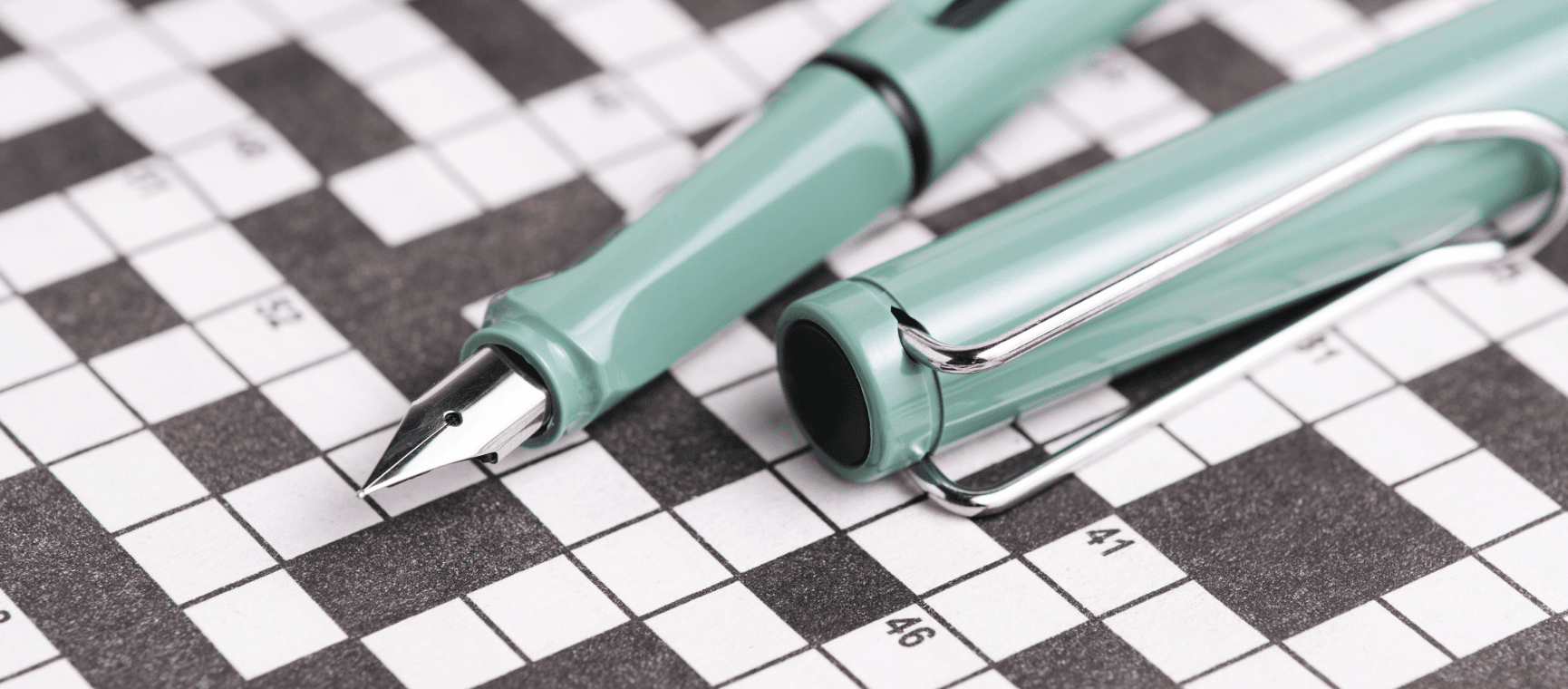
The Fellowship of Puzzlemakers became an instant Sunday Times bestseller when it was published last year.
The novel is set in a retirement community comprised entirely of Britain's top puzzlemakers - from fiendish crossword creators, to a maze builder, jigsaw puzzle painter and even the ultimate pub quiz compiler. It's the tale of an orphan brought up by this community, who learns the secrets of his inheritance by solving a series of clues.
It's the debut novel by Samel Burr, and tells the tale of an orphan brought up by this community, who learns the secrets of his inheritance by solving a series of clues.
Samuel got his inspiration after filming a documentary in a retirement village and volunteering as a telephone befriender to older people. He researched the puzzlemaking world to learn some of the secrets of Britain's greatest brains.
So here the author reveals ten of his favourite pieces of puzzling trivia he uncovered.
A legendary crossword setter called Ruth Crisp was a huge inspiration behind many of the strong-willed, sharp-minded female characters in my book. She was one of the few women operating in a very male-dominated world, compiling under the names "Crispa" and "Vixen", eventually becoming one of the few compilers to deliver crosswords to all five of the national broadsheet newspapers, including the Independent, whose launch puzzle she created in 1986.
Gameplay in fiction isn’t anything new. It goes back to the likes of Lewis Carrol, who liked to hide acrostic puzzles and riddles in his prose, so his books could be played as well as read. Symbolic Logic, one of his lesser-known works, isn’t a children’s book at all, but a series of logic puzzles that leaned into his incredible mathematical mind.
A museum called The Puzzle Mansion in the Philippines has over 1500 preserved puzzles on display — breaking the world record for the largest collection. It’s also a B&B and attracts thousands of visitors from all over the globe every year.
Many will be familiar with the Rubik’s cube, but did you know there are approximately 43 quintillion (43,252,003,274,489,856,000) different ways to solve one? Despite this astronomical number, every configuration can be solved in 20 moves or fewer, a concept known as 'God's Number'.

A master map engraver called John Spilsbury accidentally invented the first ever jigsaw back in 1762. He stuck a map onto wood and then cut around the countries, presenting the puzzle to local school children in a bid to help them with their geography. Jigsaws for adults didn’t appear until the 1900s.
Getting your daily dose of puzzling in isn’t just good for our mental health (reducing stress, lowering heart rate, increasing dopamine levels) but helps our physical wellbeing too. Tackling puzzles is scientifically proven to reduce heart rate and blood pressure, plus it reinforces connections between brain cells, improving mental speed and short-term memory.
Research has found that online puzzles can give us the memory of a 20-year-old.
A puzzling resurgence took place during the Covid pandemic with jigsaw puzzle sales reaching £100m in the UK in 2020 alone– a rise of 38% from the previous year. Interestingly, jigsaws have long been a great source of entertainment (and distraction) during difficult times. They became immensely popular during the Great Depression.
Zooming through the crossword in the paper? Did you know the complexity of the grids increases across the week, with Sunday featuring the most difficult clues?
If 500 or even 1000-piece jigsaws are becoming a bit of a breeze, perhaps have a go at the largest jigsaw ever made? It’s produced by a German game company Ravensburger and consists of 40,320 pieces (which they suggest should take 600 hours to complete)
Not many people know that the study of puzzles, including mathematical, logical, or word-based, is known as Enigmatology. Will Shortz, the legendary crossword editor at The New York Times, is considered one of the greatest living enigmatologists, holding the only degree in the study of puzzles.
The Fellowship of Puzzlemakers, by Samuel Burr. RRP £9.99 (Orion)

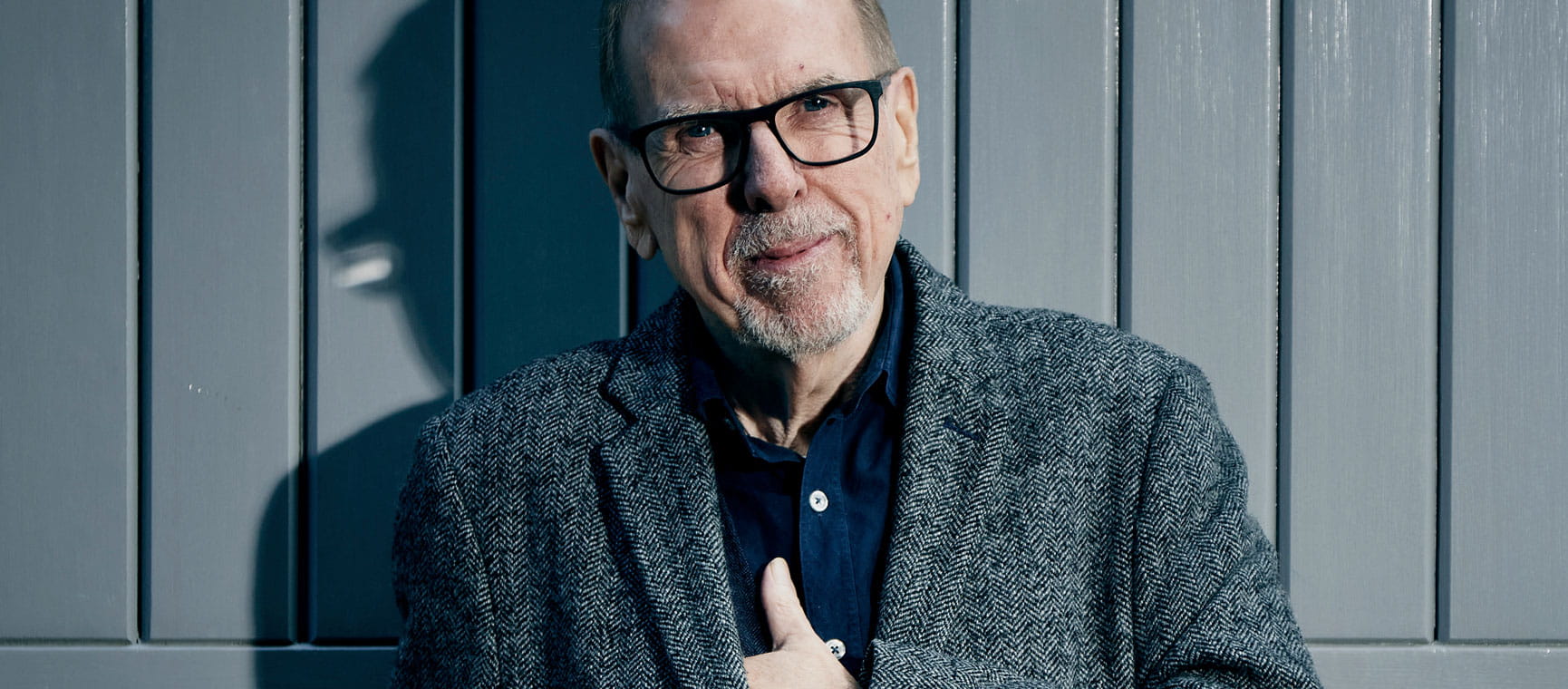
The Bafta-winning actor had been so successful at losing weight, he had to fatten up with a strap-on false belly for his latest role.

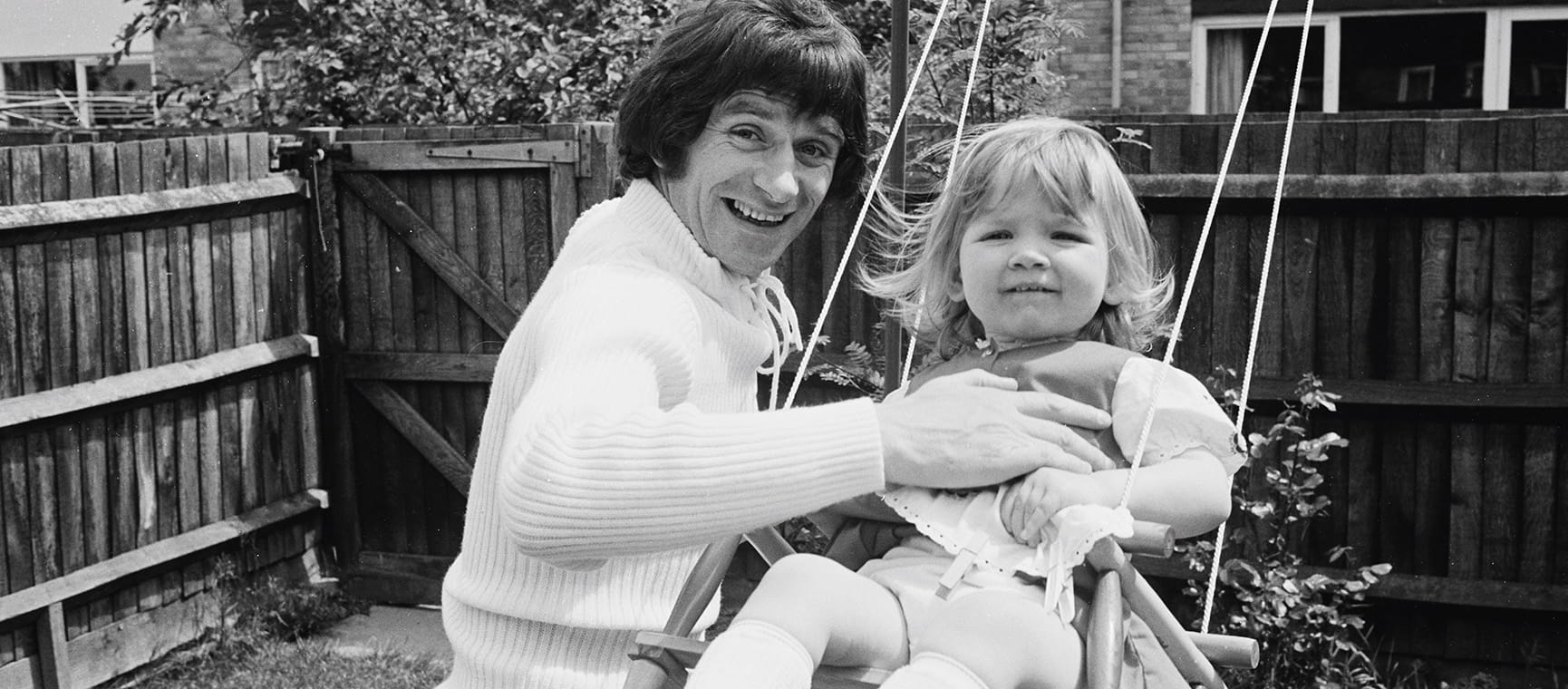
The presenter on inspiring the next generation and how daughter Zoe is bouncing back after leaving Radio 2.
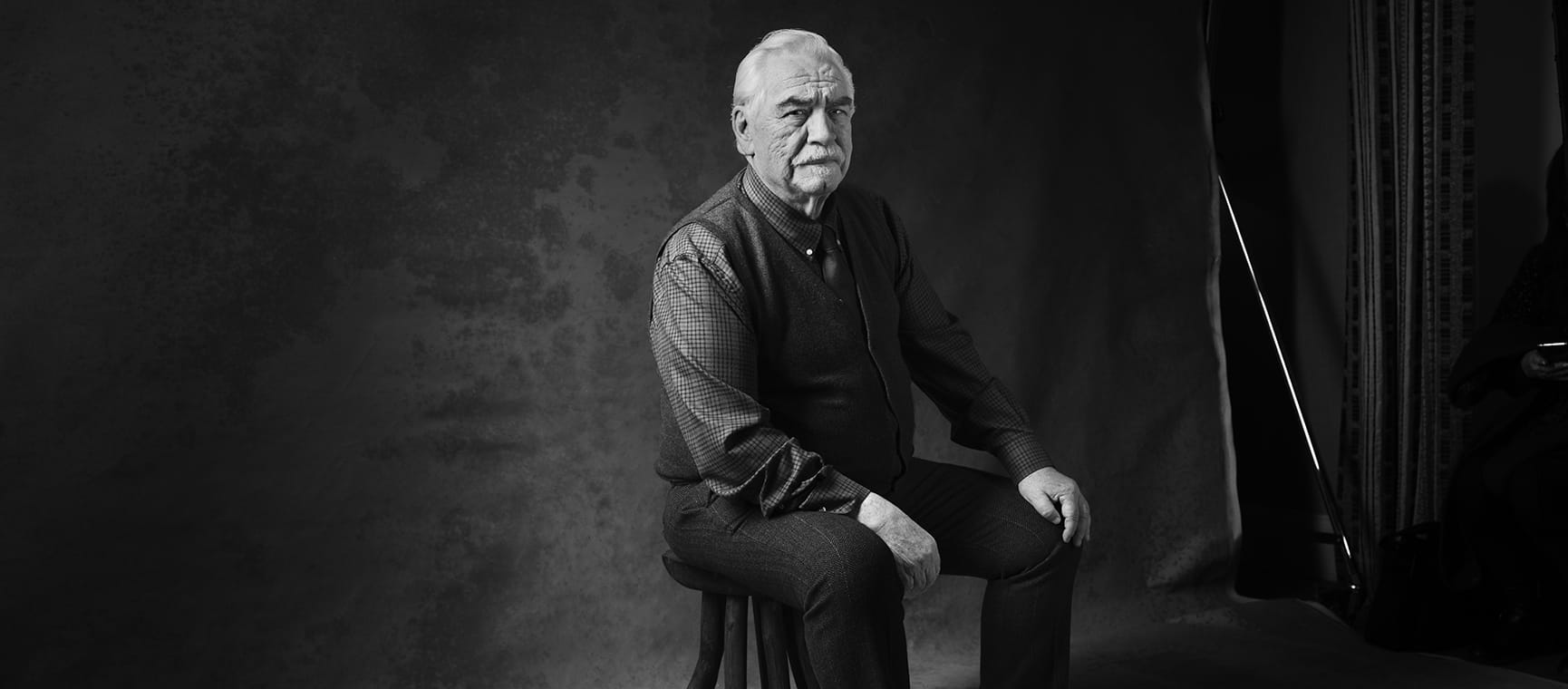
The Scottish actor on how he’s still asked to repeat Logan Roy’s most famous catchphrase.

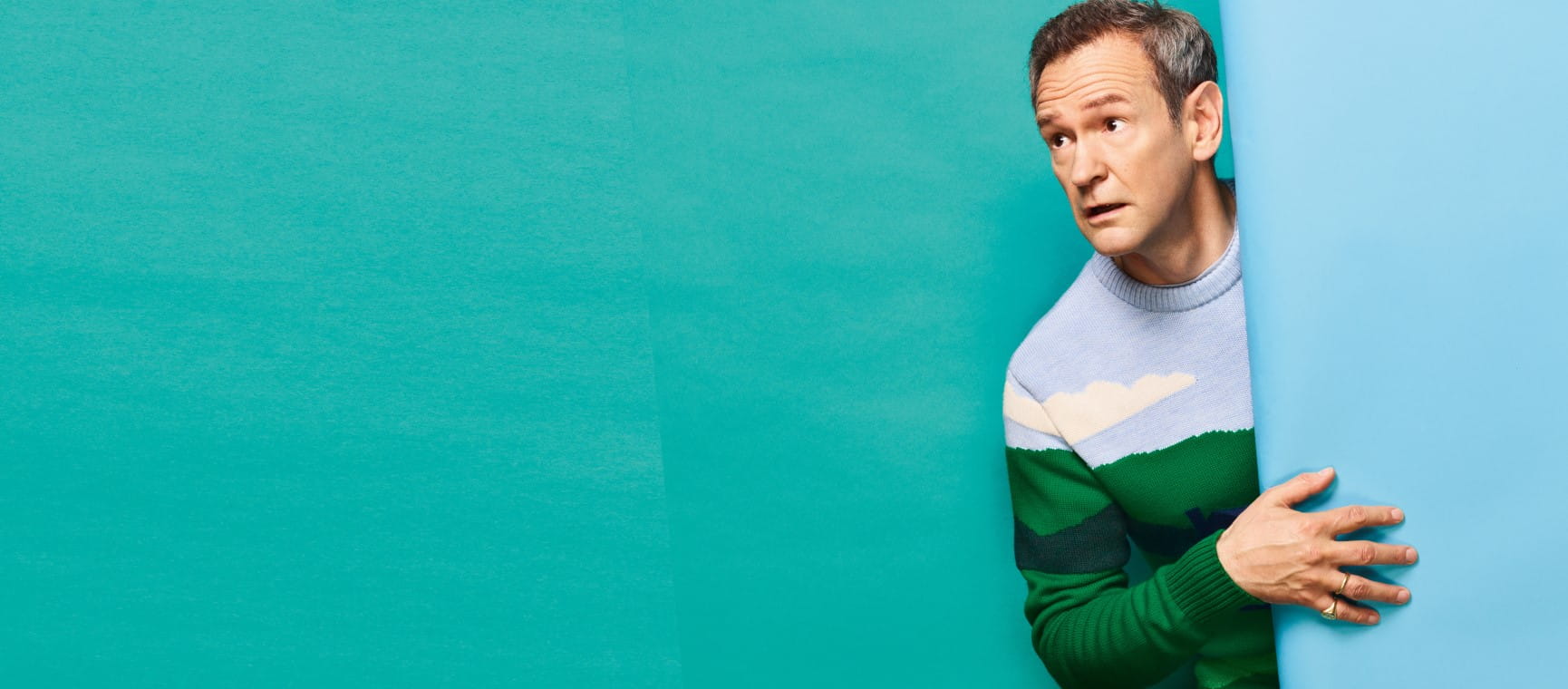
The presenter reveals his surprise contestant and how Richard Osman ‘bullied’ him into writing his debut novel.

The TV adaptation of Rivals has has been judged a rip-roaring success. We caught up with the book's author.
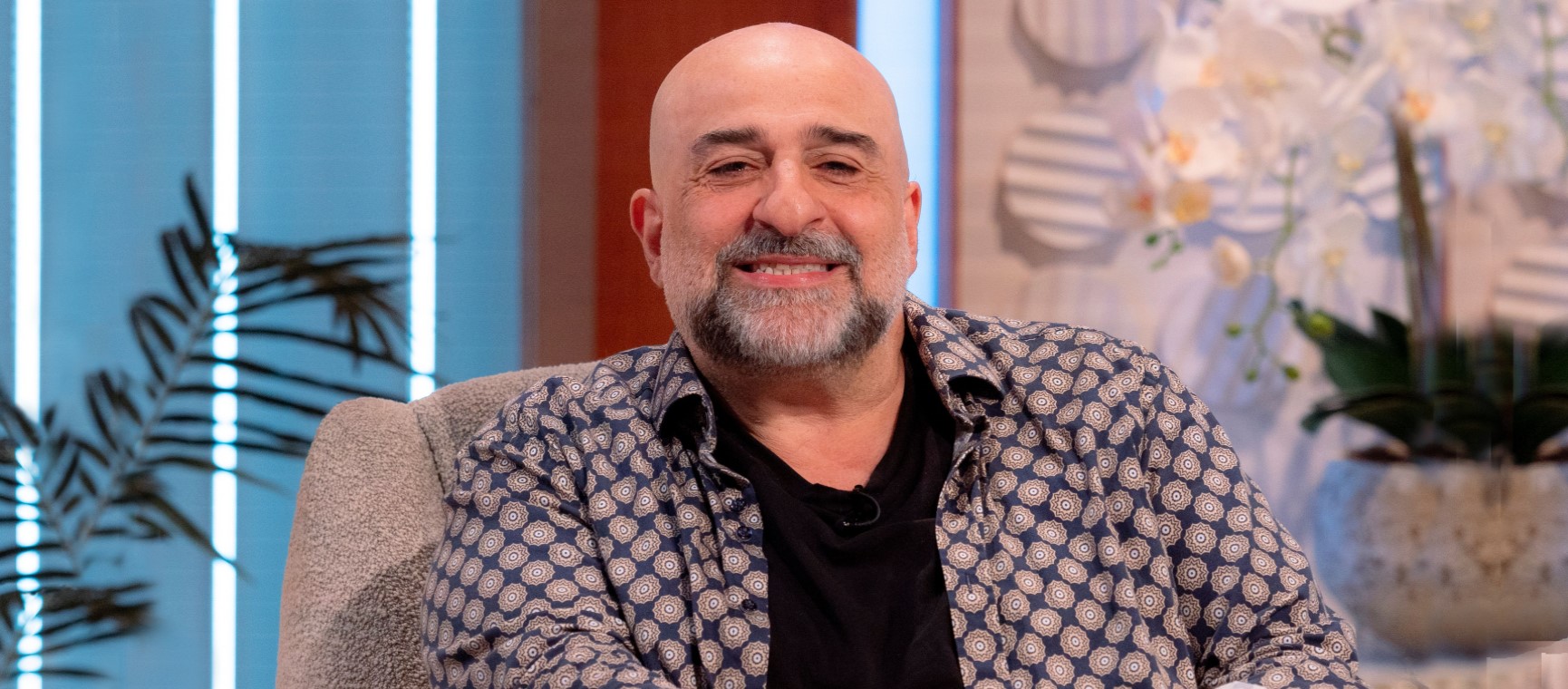

The BBC Radio 4 Today presenter reveals the responsibility and privilege that goes with her job.
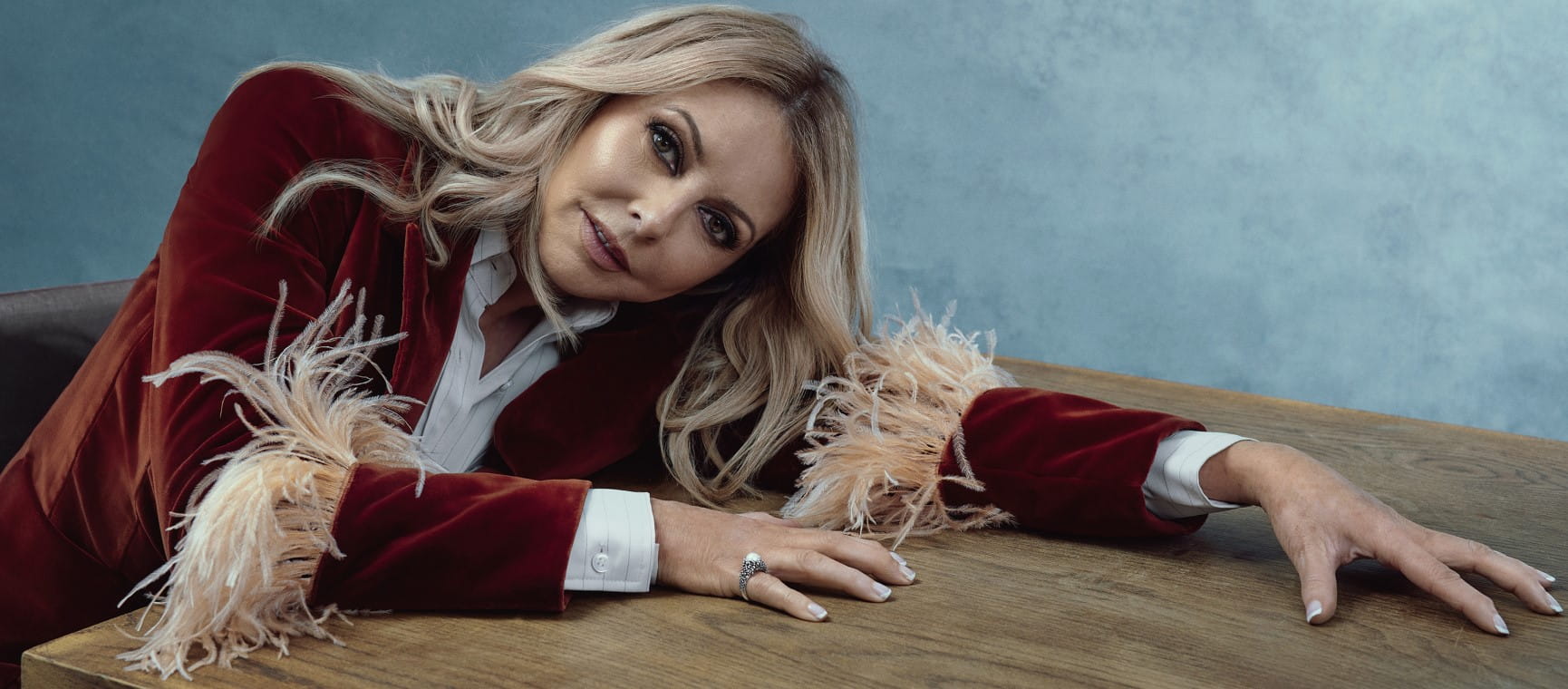
The presenter on being sacked by the BBC and why her views are 'career suicide'.
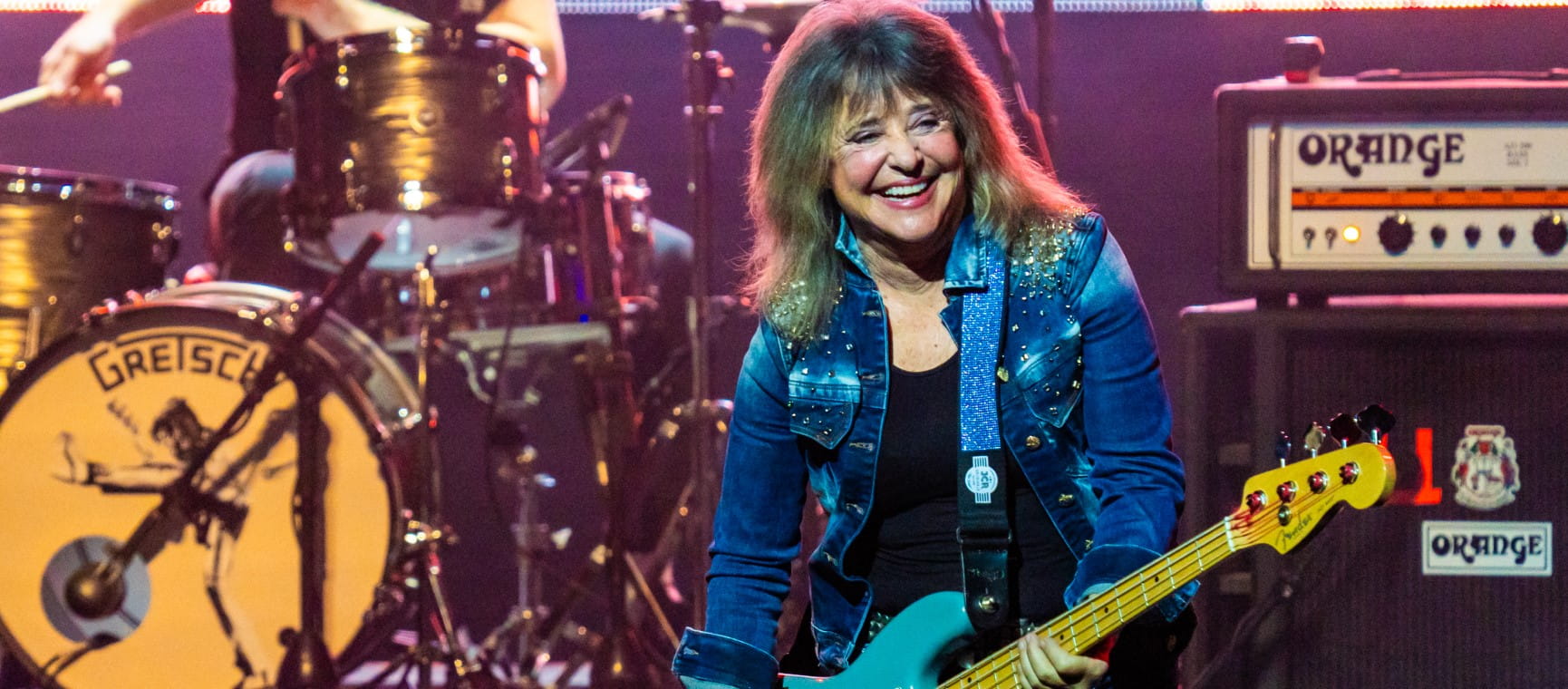

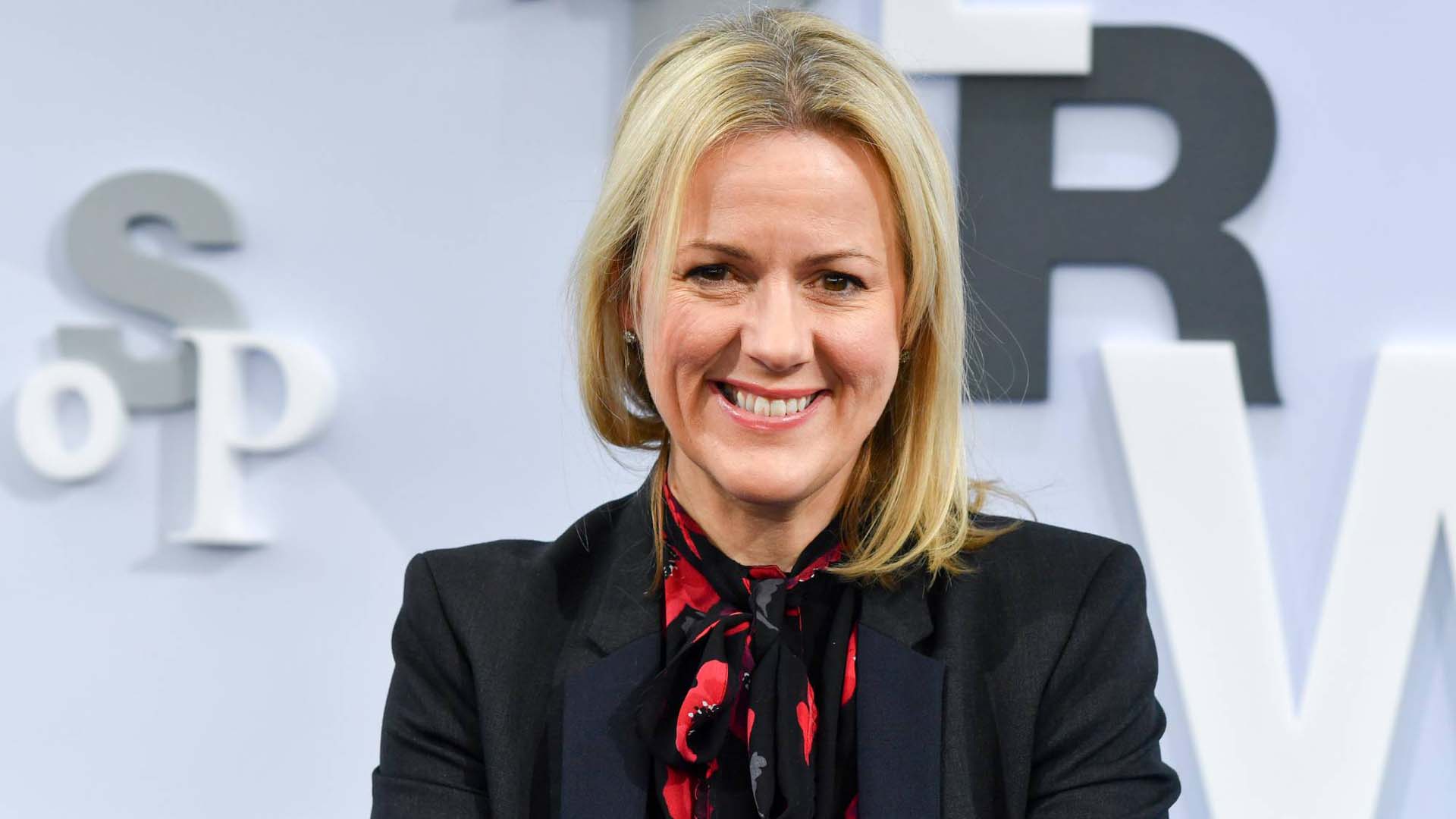
The best-selling author says Pilates has changed her relationship with her body.

Stop smoking, go for a walk and do puzzles, says the veteran newsreader.